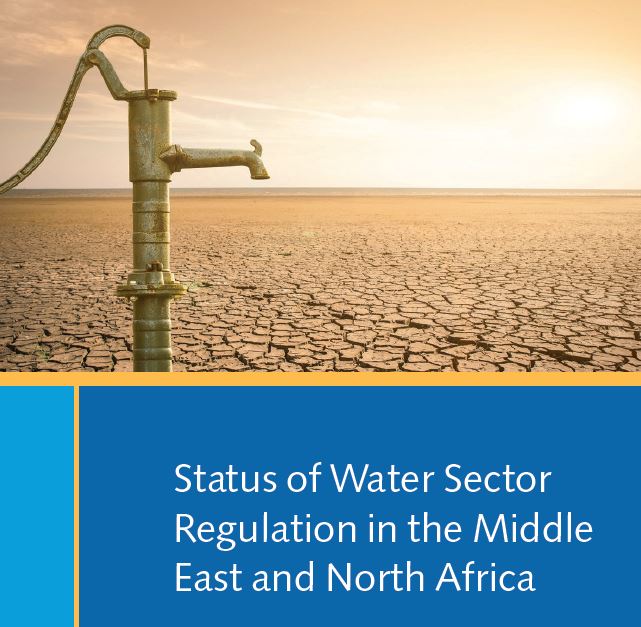Status of Water Sector Regulation in the Middle East and North Africa
This chapter presents an overview of economic regulation of the water supply and sanitation (WSS) sector, briefly describes regulation of WSS in seven countries around the world, explains why regulation of WSS is relevant to the Middle East and North Africa, and outlines the objectives and methodology of this study. An Overview of Economic Regulation of Water Supply and Sanitation Services Objectives of Economic Regulation Economic regulation generally refers to the laws, regulations, enforcement mechanisms, incentives, and processes that are employed by governments to ensure that essential services such as water supply and sanitation services (WSS) are available to the population at reasonable prices. Regulation is necessary because WSS are natural monopolies and there is no competition in the market.1 As a result, there is little pressure on service providers to maintain service quality, operate efficiently to keep prices down, and serve marginal and less profitable areas. This is true whether service providers are public or private, but the formal regulation of WSS became a topic of international interest in the late 1980s when the rising cost of infrastructure needed to serve expanding populations and protect the environment led policy makers to seek private investment. The problem of low coverage levels, particularly among poor and marginal communities, is of particular concern in developing countries and those with rapid rates of population growth and migration. The essential nature of WSS and their benefits for public health and economic productivity make it imperative that all households have access to service, including those in neighborhoods that are difficult to serve or where the cost of basic service might exceed what households are able to pay. Another major concern for developing countries is to ensure that WSS are financially viable. This is essential to ensuring that investment finance for the costly infrastructure can be attracted, that services do not become an unmanageable drain on public funds, and that they are technically and financially sustainable over the long term. The main objectives of economic regulation of water supply and sanitation services2 are thus to ensure that: • All households have access to services at reasonable prices that reflect the cost of efficient services. • The quality of service for households and other customers is appropriate: service is reliable, water for human consumption meets drinking water standards, effluents meet standards for reducing pollution, and so on. The services are financially viable and sustainable, do not pose an excessive financial drain on public funds, and can attract necessary investment funding. • Services are managed and operated in an efficient and technically effective manner. • Tariffs (supplemented, if necessary, by other predictable and reliable sources of funding) reflect the cost of providing efficient services and provide incentives to both operators and customers to reduce waste, and processes to set tariffs are transparent and predictable. • Operators are responsive to customers’ complaints and inquiries, and customers have a voice in the planning of services and access to an appeals process to resolve conflicts. • Information about the quality of services, the full cost of providing services, and the performance of operators is available. A few comments on these objectives are warranted. The main challenges faced by a country and the objectives it needs to pursue may differ significantly from those faced in other countries, and they may differ over time within the same country. Thus regulators must determine which objectives are most important at any one time and design regulatory approaches and efforts to address them. The examples presented in the second section of this chapter illustrate how different countries have addressed their different challenges. The affordability of services for low-income households presents a dilemma for regulators. The general view is that economic regulators should focus on ensuring the financial viability of the services, while governments should provide guidance on how to achieve social policy objectives, such as affordability, in a transparent manner that does not undermine the financial viability of services. Finally, the basic list of objectives of regulation are the same, regardless of whether services are provided by a public or private service provider, but achieving the objectives may require different regulatory approaches. Experience has shown that ensuring universal access to services is a challenge in both public and private services. However, depending on whether the provider is public or private, the challenge of capturing efficiency improvements to benefit customers differs. Private operators generally have an incentive to improve efficiency in order to increase profits for the owners. In that case, the regulator’s challenge is to capture some of the cost savings for customers. Public companies are typically not motivated by profits and financial penalties are likely to hurt customers, so other incentives such as rewards and mechanisms such as the publication of performance indicators to create social pressure are needed to promote efficiency improvements.
